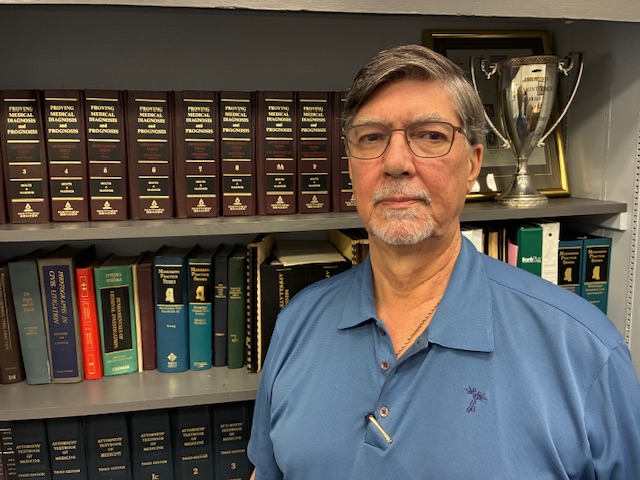Council considers study for 22nd Avenue bridge
Published 2:17 pm Tuesday, August 6, 2024

- Meridian City Hall
The Meridian City Council is considering hiring an engineering firm to help identify potential fixes for the bridge on 22nd Avenue connecting A and Front streets.
In a meeting Tuesday, council members put off voting on the $144,054.23 feasibility study by Michael Baker International that would look at what is wrong with the bridge, potential solutions and the impacts the different avenues may have on the surrounding community.
Jeffery McRae, a senior bridge engineer at Michael Baker International, said the study will take into account a number of factors. It will include two different conceptual designs for a new bridge, the possibility of retrofitting the current bridge and the importance the bridge plays in downtown Meridian.
“It’s going to be pretty thorough,” he said.
City officials have been working to address the 22nd Avenue bridge for several years, after it appeared to be damaged during a $4 million overhaul of 22nd Avenue from Interstate 20 to Front Street, also called Sela Ward Parkway. Although those concerns later proved to be unfounded, the bridge is past its expected lifespan and needs work, Assistant Public Works Director Mike Van Zandt told the council in August 2023.
August 2023 also saw state inspectors order the bridge be posted with a weight limit of eight tons. Weight limits indicate how much a bridge can support without suffering further damage and do not mean larger vehicles cannot safely cross.
The City Council in March 2023 approved a $39,722 contract with Garver Inc. to come up with a plan to fix the bridge and draw up the necessary construction documents for contractors to bid on. The plan, however, later fell apart as the city and Garver were unable to reach an agreement on a contract.
Van Zandt said Tuesday that Meridian Public Works has talked with a number of local engineering firms and contractors since the deal with Garver fell apart, and Michael Baker comes recommended as the go-to for bridge work in the state.
Although the feasibility study will look at retrofitting the current bridge, McRae said he isn’t holding out much hope that is a viable option. It is unlikely that the bridge, as it is now, can be repaired in a way that brings it up to current building code, he said.
Earlier discussions about the bridge centered around the steep slope and concerns that replacing the bridge would require cutting off access to Front Street or A Street to keep the bridge height down. McRae, however, said he does not believe extending the bridge will be necessary but some precautions will need to be taken.
A big part of the feasibility study will be working with the railroads to determine how high above the train tracks the bridge needs to be, McRae said. That will help determine the slope of the bridge and whether or not it can meet the current standards. Also taken into consideration will be the grade of the bridge as it relates to the Americans with Disabilities Act and making sure it is not too steep for wheelchairs.
“There’s some tight geometric restraints we’re going to have to deal with,” he said.
The feasibility study is expected to take approximately six months to complete. McRae said a lot of the timeline depends on how quickly the railroad responds to questions.
The study does not include construction ready documents, and the council will have to seek another engineering contract to design and bid the actual bridge work.
Councilwoman Romande Walker, who serves as council president, said the approval of the contract with Michael Baker International was removed from Tuesday’s agenda as council members needed to discuss the matter further. After hearing from McRae, she said the contract will likely be brought up for a vote at the council’s next meeting at 5 p.m. on Aug. 20.





